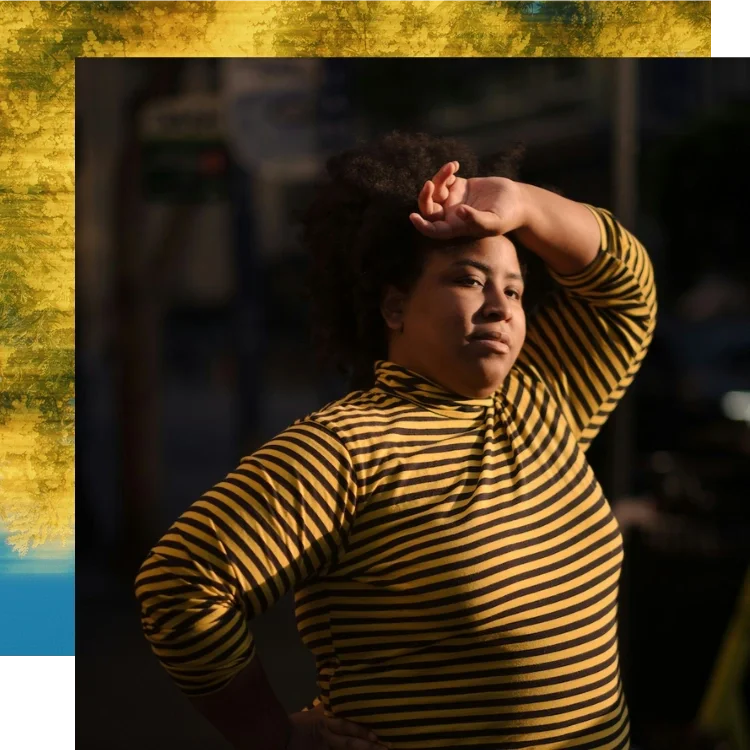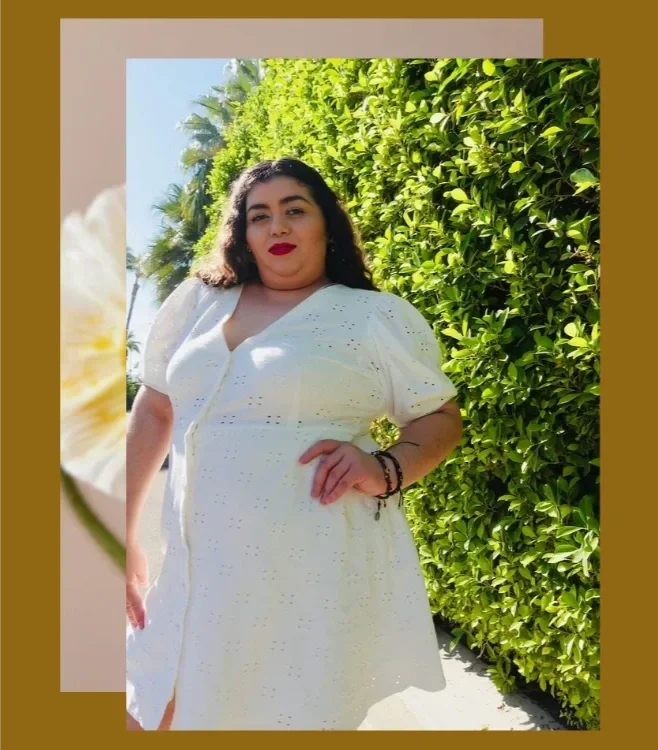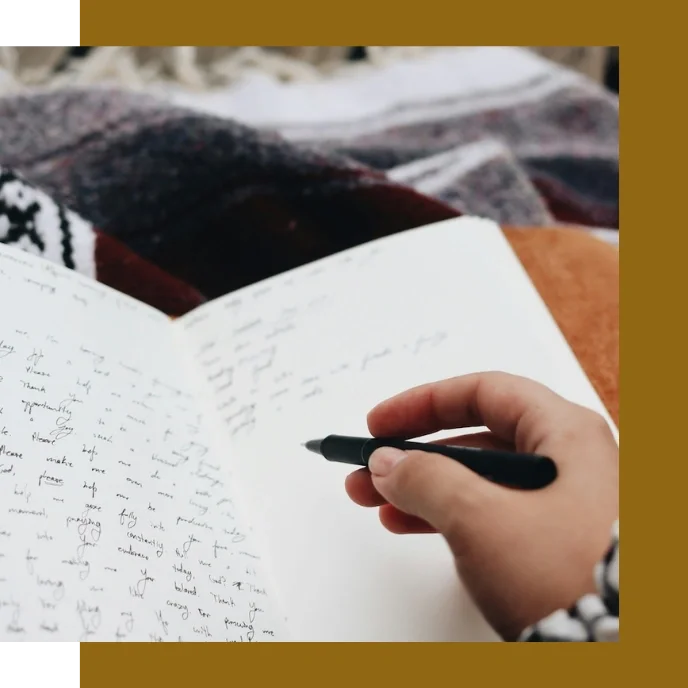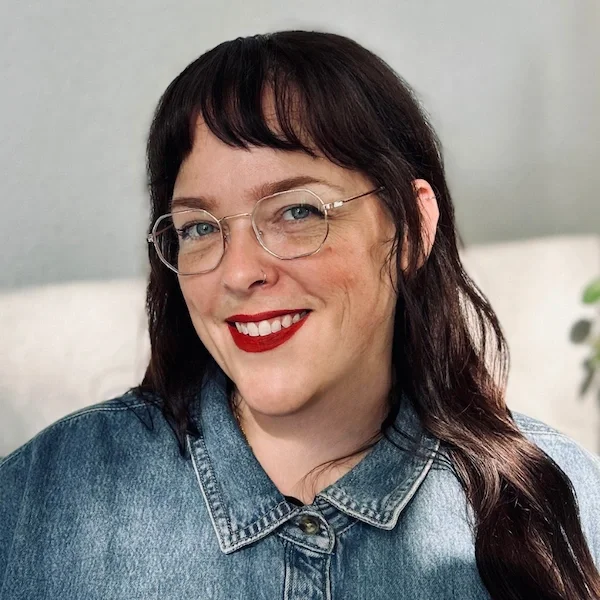online therapy for healing from
fatphobia + weight stigma in california
Because your body was never the problem.
If you’ve found this page,
you may be looking for:
Support that doesn’t shame body size
A provider with lived experience of weight discrimination
Tools to heal from the wounds of stigma and fatphobia
Strategies to support yourself in difficult moments
What does weight stigma look like?
Have you ever:
Gone to the doctor for a nagging headache, only to be told to lose weight?
Sat in a classroom or meeting where the chairs didn’t fit your body?
Attended a yoga class with no variations for larger bodies while others balance in crow pose?
Been denied fertility treatment or other medical care because of an arbitrary BMI cutoff?
This is weight discrimination.
You deserve better.
When you’re made to feel unwelcome or “wrong” because of your body size, that’s fatphobia and weight stigma. Full stop. This stigma is damaging — it can be traumatic and violent. And it is never okay. You never deserved this treatment.
How therapy helps
While therapy can’t erase the systems that harm us, it can help you:
Feel seen and understood in your full humanity
Learn and practice boundaries that protect your peace
Recognize that diet culture is the problem, not your body
Build strategies for tough situations, like doctor’s appointments
How body image trauma shows up
Constant reminders that our bodies don’t “fit” society’s expectations layer shame on shame.
Over time, this can disconnect you from your own:
Desires and needs
Sense of hunger and fullness
Ability to move your body without punishment or earning food
Capacity to feel pleasure and joy in your body
HOT TIP: You never have to earn your food. No matter what or how much you ate for your last meal or yesterday, you still deserve to nourish your body today.
Reflection questions
You may have learned body shame early on. Consider:
What messages did you hear at school about body types?
What was physical education like for you? (You are not alone if it was traumatic.)
Did caregivers have their own beliefs about what bodies “should” look like?
When do you first remember your body being treated as a problem?
My approach
Whatever strategies you used to protect yourself — isolation, disordered eating, or a loud inner critic — I want to honor them. These were survival strategies. Even if they no longer serve you, they made sense at the time.
In therapy, we explore these old protections and uncover new ways of showing up for yourself with compassion and strength.
If you’re ready to heal from fatphobia and weight stigma and find new ways to care for yourself, let’s talk.
meet sarah, your therapist & fellow body rebel:
I know firsthand what it’s like to live in a world shaped by fatphobia and diet culture. In my own healing journey with body image and food, I’ve had providers who invalidated, misunderstood, or made assumptions about me based solely on my body. Those experiences fueled my passion for embodying body acceptance in my own life — and supporting clients in finding their own liberation and empowerment.




